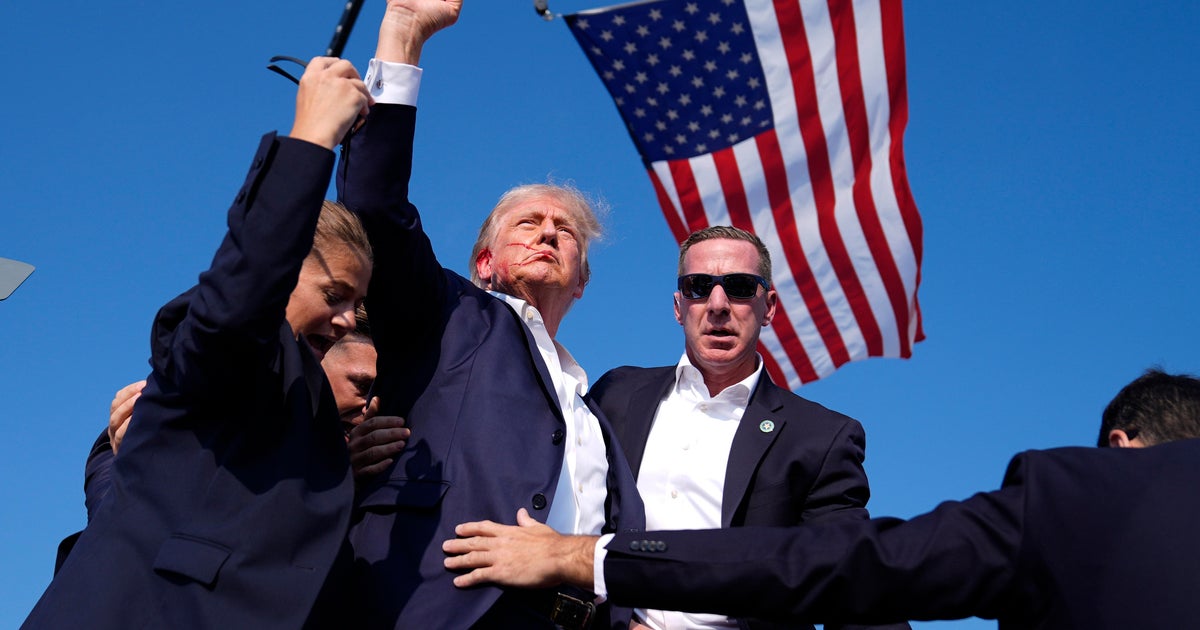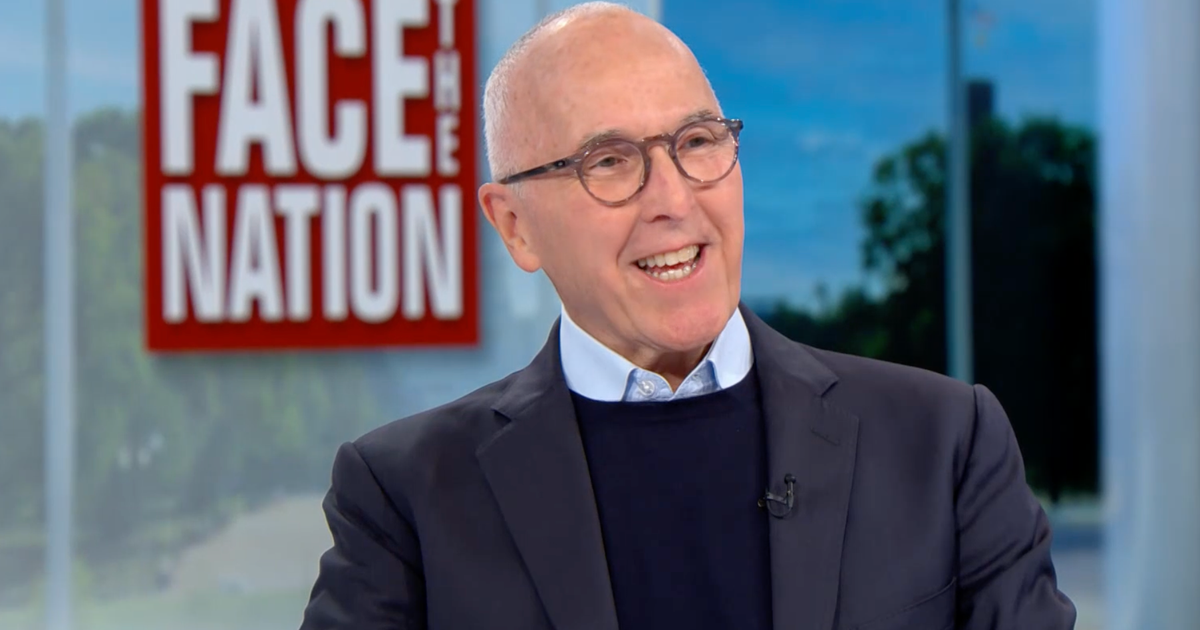1 Good Reason For Trump To Want His Old Job Back: Staying Out Of Prison

WASHINGTON — While power and ego are typically enough to drive most would-be presidents, Donald Trump could soon have a far more compelling motive to want his old job back: staying out of prison.
With a grand jury in Atlanta convening next month to focus on Trump’s attempted coercion of Georgia officials and federal prosecutors in Washington appearing to build a conspiracy case around the attempt to block the election certification on Jan. 6, 2021, Trump may have more reason than ever to seek the protection against prosecution enjoyed by an incumbent president.
“He views the office as a shield to protect himself,” said George Conway, an expert on the laws governing presidential exposure to legal challenges. He said that seeking the presidency to avoid jail, while brazen for most, for Trump would be the next logical step. “It’s sort of like a Ponzi scheme. You’ve got to keep going, otherwise it will collapse.”
Which means that a man who made history by openly soliciting and accepting help from a foreign adversary to win power, then a second time by trying to overthrow the American republic in order retain that power, could do so yet again by running for the presidency while under an active criminal prosecution.
“No qualification in the Constitution says that you’ve got to be unindicted,” said John Ryder, a former Republican National Committee member well versed in presidential nominating rules and laws.
Should Trump win, he would suddenly benefit from rules and precedent designed to let the chief executive focus on the weighty responsibilities of the office.
Official Justice Department policy since the end of Richard Nixon’s tenure was not to pursue investigations into sitting presidents — which could likely mean federal prosecutors would suspend any ongoing actions against Trump should he retake office.
And while state prosecutors are not covered by that federal policy, a recent U.S. Supreme Court case involving Trump appeared to suggest that it would. During oral arguments in May 2020, both the justices as well as the New York State prosecutor agreed that the presidency is a uniquely important office and that any attempts to pursue criminal charges against a sitting president must be cognizant of those responsibilities.
Norm Eisen, an ethics lawyer in the Obama White House who two years ago worked for the House committee overseeing Trump’s first impeachment, said there is a huge difference between a president who comes under investigation during his term in office and one who has ongoing prosecutions when he comes into office. Courts would certainly step in to block delays in any existing cases, he said. Failure to do so would create perverse incentives for seeking the White House.
“It can’t be that running for president is an inducement for mobsters and other career criminals,” he said. “That’s not the American legal structure.”
Bill Clark via Getty Images
But Conway, who ghost-wrote the Supreme Court brief in the Paula Jones civil lawsuit against Bill Clinton that forced him to undergo a deposition while president, said that although there is obviously no case law specific to Trump’s potential situation, he is confident that the high court will take seriously the Constitution’s “Article II” powers and duties that a president is entrusted with.
“If Article II prevents a federal prosecution, I don’t think there’s any question it would prevent a state prosecution,” he said, adding that those protections would apply even if Trump somehow were to win the 2024 election from behind bars. “He could run for office from prison. And if he wins, you’d have to spring him.”
Constitution Silent On Running While Indicted
Actually being in prison prior to Election Day 2024, of course, is not likely even in the improbable scenario that Trump is indicted in the immediate future. Defendants who can afford substantial legal fees, even those not as notoriously litigious as Trump, are typically able to drag out prosecutions for years if they choose.
Far more likely is a situation where Trump has been indicted — either by a Fulton County, Georgia, grand jury on election fraud or similar charges or by a federal grand jury handling the Jan. 6 assault on the Capitol by a pro-Trump mob — and is awaiting trial.
Many of those taking guilty pleas for their actions on that day are being required by prosecutors to plead to an attempt to obstruct an official proceeding, thereby creating a factual record permitting them to charge others of conspiring to do the same.
Indeed, in a related civil case, a federal judge in California ruled that Trump and John Eastman, one of Trump’s outside advisers pushing the plan to overthrow the election, “dishonestly conspired to obstruct the joint session of Congress on Jan. 6, 2021,” and called the scheme “a coup in search of a legal theory.”
An indictment at either state or federal level, though, would do nothing to stop Trump from legally pursuing a 2024 presidential run. No state has the ability to create more restrictive rules for candidate eligibility than those set by the U.S. Constitution, of which there are exactly three: Candidates must be at least 35 years old, be natural-born citizens of the United States, and have lived in the country at least 14 years.
“There’s nothing that prevents him from running, and there’s nothing that prevents him from getting elected,” Conway said.
And should he get elected while under indictment, Ryder said, it would bring the country to a yet another patch of uncharted water.
“Then you get into a denser thicket of legal issues,” he said. “Would the trial be put off, pending the expiration of his service in office? Could he then pardon himself? The bottom line there is nobody really knows.”
Conway said he’s not sure Trump could get away with pardoning himself to make any federal charges disappear forever, but is nearly certain that courts would put prosecutions on hold until he is no longer in office. “He can’t do his job if he’s in shackles or in prison,” Conway said. “The case will get stayed.”
Ryder acknowledged that the RNC could, if it wanted, create rules to make it harder for those facing criminal charges to win the nomination, but said he doubts the group would have any interest in doing so. “They’re more likely to pay his legal bills,” he laughed.
Neither Trump’s staff nor the RNC responded to HuffPost queries.
Winning The White House To Avoid Prison
Trump has made clear since his final days in office that he feared prosecution based on his actions leading up to and on Jan. 6. He was reportedly considering pardoning himself and his family before deciding against it, and was actually planning to be in Scotland at the moment of Joe Biden’s inauguration, at one of his golf courses there, until the first minister of that country announced that he would not be welcome.
More recently, Trump told a rally audience: “They want to put me in jail,” before telling his followers that they should prepare to hold “the biggest protests we have ever had” in Atlanta, Washington and elsewhere.
The approach repeats Trump’s pattern of attempting to delegitimize all investigations and investigators looking into his activities as corrupt and politically motivated. During his years in office, he called both the special counsel probe into the assistance his campaign received from Russia as well as the impeachment for his attempt to extort Ukraine “a hoax,” and got most Republicans to go along with it.
Whether that approach can work again is unclear. He is no longer the sitting president, and other Republicans are also seeking the 2024 nomination despite Trump’s attempts to freeze out competitors.
Yet how aggressively other GOP candidates would be willing to go to take on Trump remains to be seen. In 2016, Trump’s rivals in the primary ignored his obvious vulnerabilities on conservative issues and sketchy business record until it was too late and he had already sewn up the nomination.
Thus far, only two potential Trump rivals in 2024 have been willing to criticize his behavior up to and on Jan. 6 as they make their pre-campaign visits: former Vice President Mike Pence and former New Jersey Gov. Chris Christie, and only Christie has been consistently vocal about it.
Ryder said that while a “hardcore group of Trump supporters” would almost certainly see any criminal charge against Trump as “politically motivated,” the majority of GOP voters are far more likely to see a candidate under indictment as a deeply flawed choice in a general election. “The political fallout and the legal fallout are two different things,” he said.
One former top Trump White House official, though, said there was a difference between Jan. 6 coming up as a campaign issue and Trump personally facing an actual prosecution, and that the latter could wind up actually helping him.
“I don’t think a constant reminder of the events of Jan. 6 are beneficial to him,” the former official, who remains active in Republican politics, said on condition of anonymity. “But an actual indictment, that could end up making him look like more of a victim.”
Eisen said he hopes the general election electorate, should Trump make it that far, sends a clear message. “The campaign would become a referendum on his criminality,” he said. “Most Americans would view it with repugnance.”
Trump, despite losing to Biden by 7 million votes nationally and 306-232 in the Electoral College, became the first president in more than two centuries of elections to refuse to hand over power peacefully. His incitement of the Jan. 6 assault on the Capitol — his last-ditch attempt to remain in office ― led to five deaths, including that of one police officer, injured another 140 officers and led to four police suicides.
Nevertheless, Trump remains the dominant figure in the Republican Party and is openly speaking about running for the presidency again in 2024.
Checkout latest world news below links :
World News || Latest News || U.S. News
Source link



